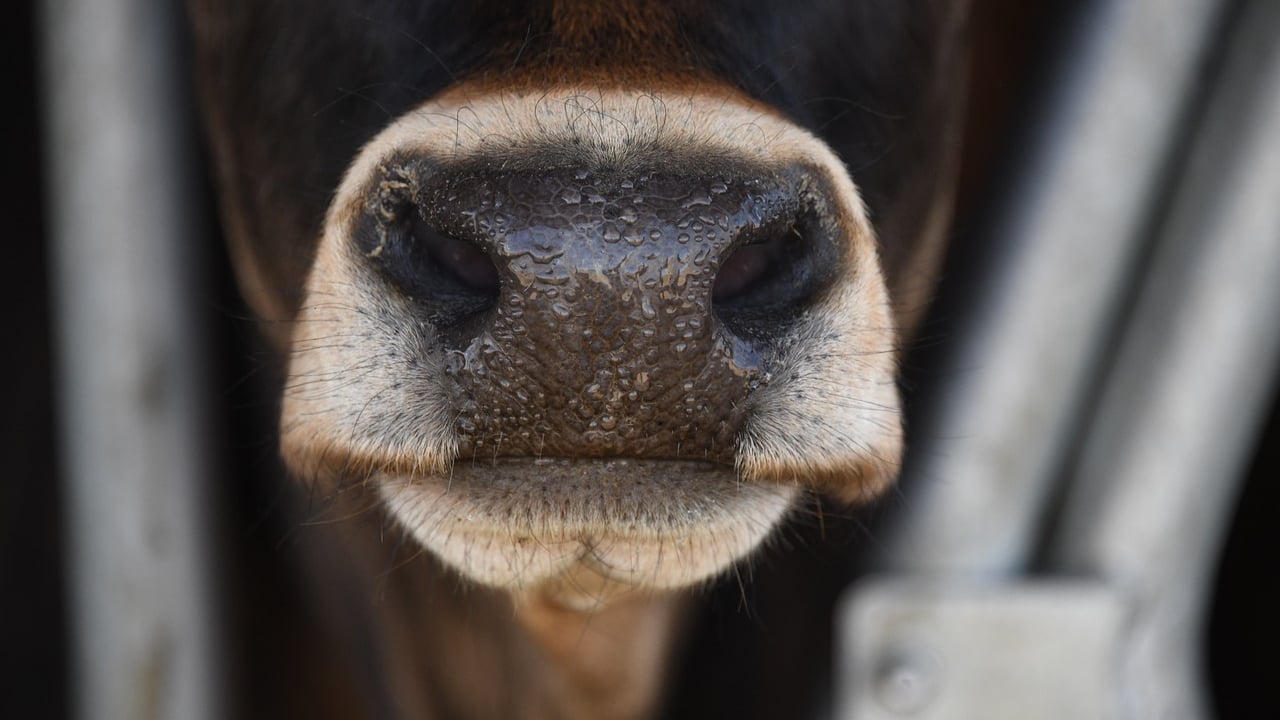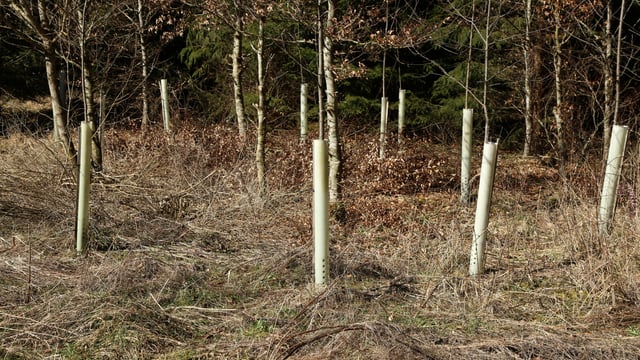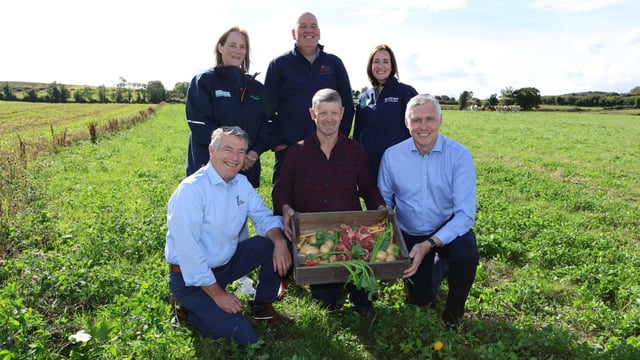DAFM: Risk of Bluetongue in Ireland 'now higher'
The risk of an incursion of Bluetongue in Ireland is now higher, according to the Department of Agriculture, Food and the Marine (DAFM).
A DAFM spokesperson told Agriland that this is due to the hotter summer temperatures, and the spread of disease across England.
The spokesperson explained that infected midges may be blown across the Irish sea from England or from northern France.
For this reason, it is important that farmers and vets report any suspected cases of Bluetongue to DAFM, so that any local outbreak can be tackled rapidly before the virus has a chance to spread more widely.
The spokesperson said that DAFM has investigated a number of suspected in cases of Bluetongue in recent months, but that all of them were negative.
The spokesperson said: "The department is grateful to the vets and farmers who have reported and continue to report these suspect cases, they are doing the right thing to protect their herds, their neighbours and the country from this serious threat.
"The department is continuing to prepare for a potential Bluetongue outbreak through contingency planning, simulation exercises, engagement with counterparts in Northern Ireland and communication with stakeholders," the spokesperson added.
According to DAFM, as Bluetongue is transmitted primarily by infected midges or by infected germinal products, there is no risk related to farmers returning from the Highland Show.
Animals susceptible to Bluetongue cannot move from Scotland to Ireland, as the movement of such animals from Britain to the EU has been suspended since November 2023.
Bluetongue is a notifiable disease, and any suspected case of should be reported to the department.
According to DAFM, an outbreak of Bluetongue in Ireland would have "serious implications" for the Irish agri-industry.
It can result in very severe on-farm impacts, including serious illness and death, resulting in animal welfare concerns and economic impacts on the livestock sector





